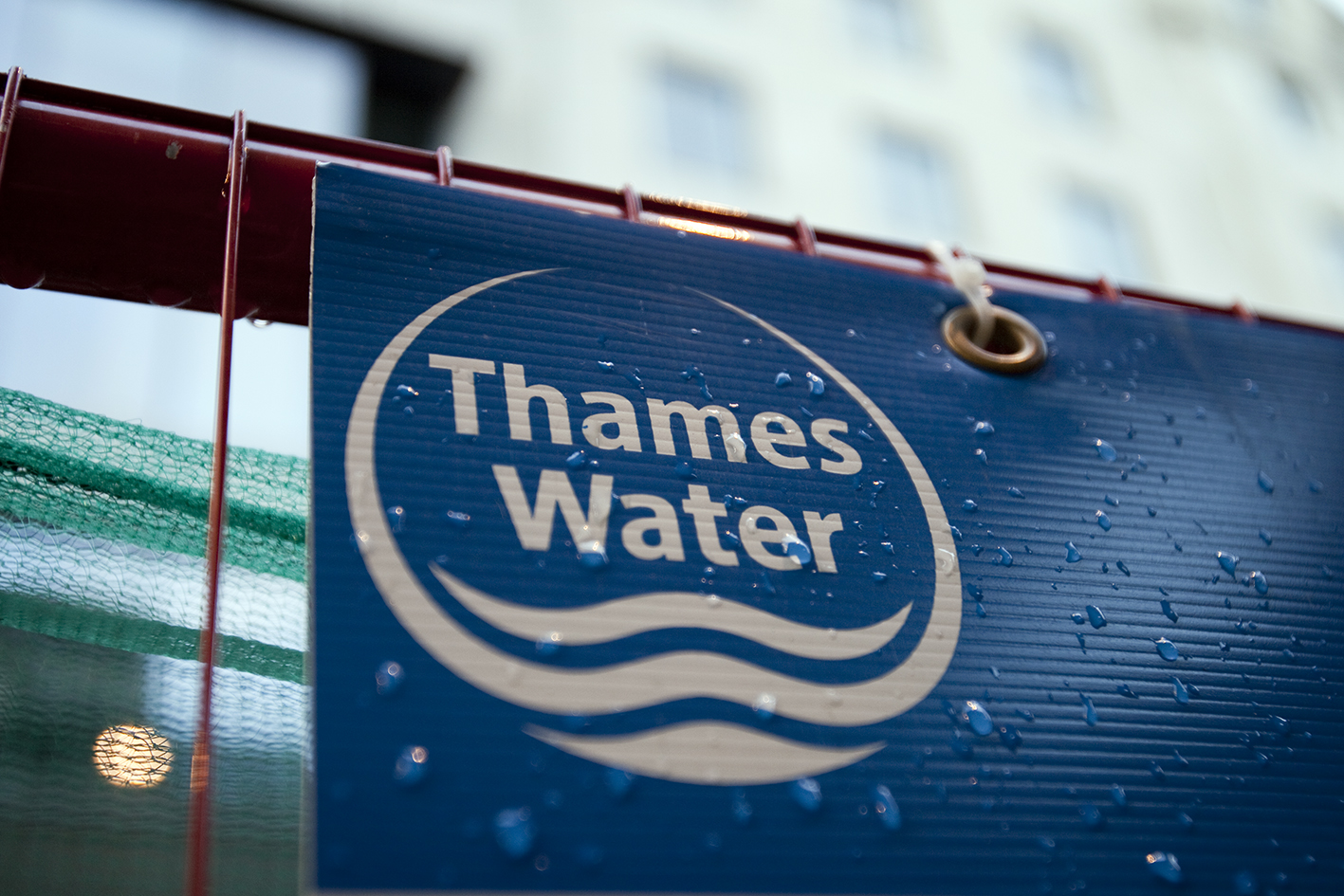Household Bills
Is Thames Water on the brink of going bust?

Ministers are considering renationalising Thames Water and arranging contingency plans for its collapse amid growing concerns over whether it can service debts of £14bn.
Thames Water is the UK’s biggest water company, with about 15 million customers in London and the Thames Valley.
According to Sky News, ministers from Defra and Ofwat are holding discussions about the possibility of placing the water company into a special administration regime (SAR) that would effectively take the company into temporary public ownership.
The same insolvency process was used by the Government when energy supplier Bulb collapsed in 2021.
Thames Water is struggling with debts after several fines and regulatory probes. It was fined £4m in 2021 for allowing untreated sewage to escape into a river and park. In the same year, it was also ordered to pay £11m for overcharging thousands of customers.
The leakage rate from pipes maintained by the company is at a five-year high and it has repeatedly missed targets on pollution and sewer flooding.
A Government spokesperson told Sky News: “We prepare for a range of scenarios across our regulated industries – including water – as any responsible Government would.”
CEO of Thames Water resigns
Thames Water chief executive Sarah Bentley resigned suddenly yesterday, with Alastair Cochran and Cathryn Ross assuming the role of joint interim CEO with immediate effect.
Bentley said: “It has been an honour to take on such a significant challenge, and a privilege to serve Thames Water’s dedicated and inspirational colleagues. The foundations of the turnaround that we have laid position the company for future success to improve service for customers and environmental performance. I wish everyone involved in the turnaround the very best.”
Thames Water is owned by a group of private equity, pension and infrastructure funds, with shareholders including Ontario Municipal Employees Retirement System and Universities Superannuation Scheme.
The UK’s water supply was privatised in 1989. At the time, most firms had very little debt, but they have since taken on increased levels of borrowing and are now under pressure due to the rising cost of servicing these debts as interest rates rise.
But some industry experts have blamed increasing dividend payments for Thames Water’s woes. Private water companies paid £1.4bn in dividends in 2022, up from £540m in 2021.
Ofwat said in December that it was concerned about the financial resilience of Thames Water, as well as raising similar concerns about Yorkshire Water, SES Water and Portsmouth Water.
Reports about Thames Water being in financial trouble come on the same day that households were warned they could face a 40% hike in bills from next year, so that water companies can meet pollution costs.